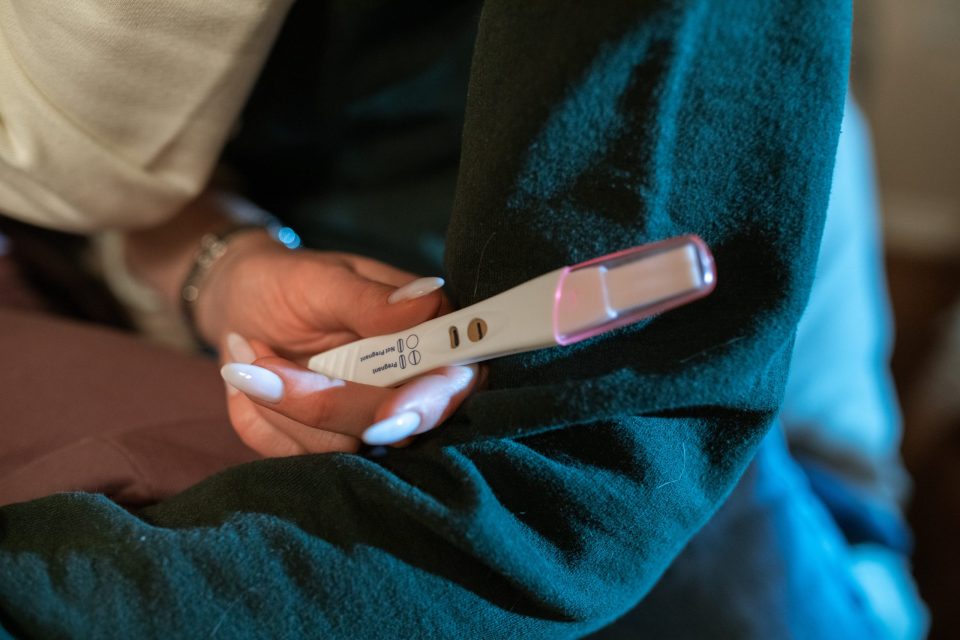Last week’s landmark Supreme Court decision has not only sent the abortion issue back to the states but has also created a patchwork legal system across the nation.
Telemedicine will now play an even more crucial role for people seeking abortions, especially in states that ban or restrict the procedure.
People seeking abortions who live in those places will travel to states that permit doctors to prescribe abortion pills. But the decision has spawned uncharted legal territory over telemedicine’s role.
So what’s next for telemedicine abortion? We have the answers to these questions and plenty more, including how states may crack down with digital surveillance.
How does virtual abortion care work?
Providers typically prescribe two pills — mifepristone and misoprostol — via virtual visits, which are often mailed to patients. Mifepristone blocks a pregnancy-supporting hormone, while misoprostol causes uterine contractions. In states where the drugs are legal, abortion-rights supporters say the virtual option reduces access barriers like the need to travel to a clinic, which can be expensive and time-consuming.
How does the Roe decision change access to virtual abortion?
State laws govern access to telemedicine abortion. Before Roe was overturned, 19 states required doctors to prescribe abortion pills in person, effectively banning the use of telehealth for abortion, according to the Guttmacher Institute, a research organization that supports abortion rights. With Roe’s fall, states looking to restrict virtual abortions are more likely to ban abortion altogether than restrict telemedicine abortion, said Greer Donley, an assistant law professor at the University of Pittsburgh.
“Telehealth will be available in the states that seek to protect abortion. And it won’t be legally available in the states that seek to ban abortion,” said Laurie Sobel, associate director for women’s health policy at the Kaiser Family Foundation.
According to a POLITICO analysis, abortion is illegal, or soon will be, in more than a dozen states.
Will state abortion bans stop people from getting medication abortion via telehealth?
People won’t stop getting abortions virtually, experts said, though it may become more cumbersome — and risky. People who live in states that prohibit abortion will have to travel across state lines for appointments, and they will have to find a place, like a P.O. Box, where their medication can be delivered.
Patients also could turn to groups like Austria-based Aid Access, which offers online consultations and sends pills to all states. Because it’s based overseas, legal experts said it would be difficult for states that ban abortion to hold it legally accountable.
Since POLITICO first reported in early May that the Supreme Court planned to overturn Roe v. Wade, Aid Access has seen a surge in interest in the abortion pills, particularly in obtaining an “advance provision” or getting them now for possible later use.
Written By BEN LEONARD and RUTH READER | Photo by RODNAE Productions on pexel
